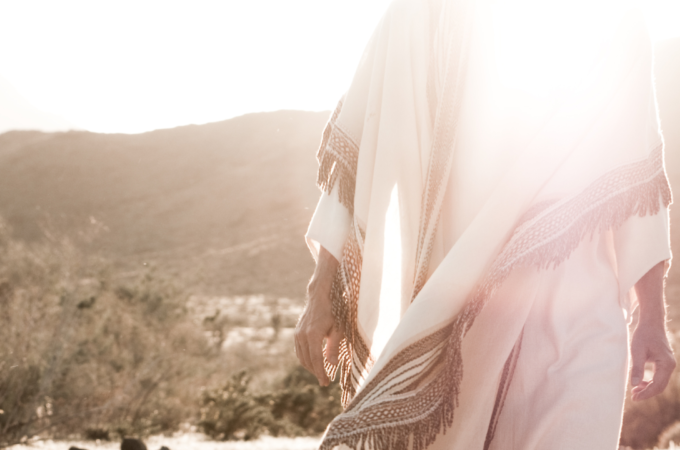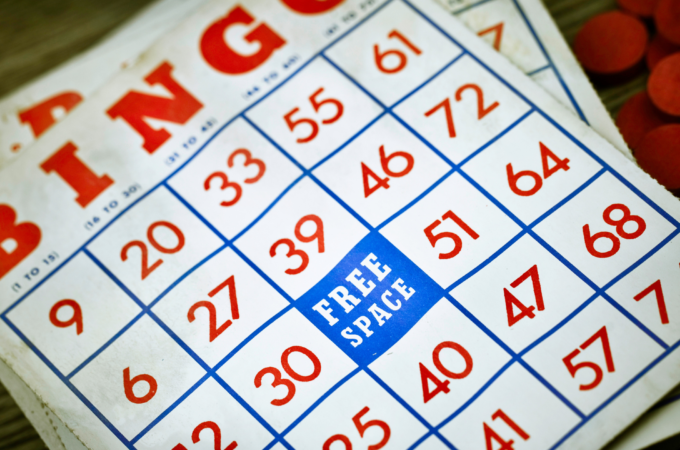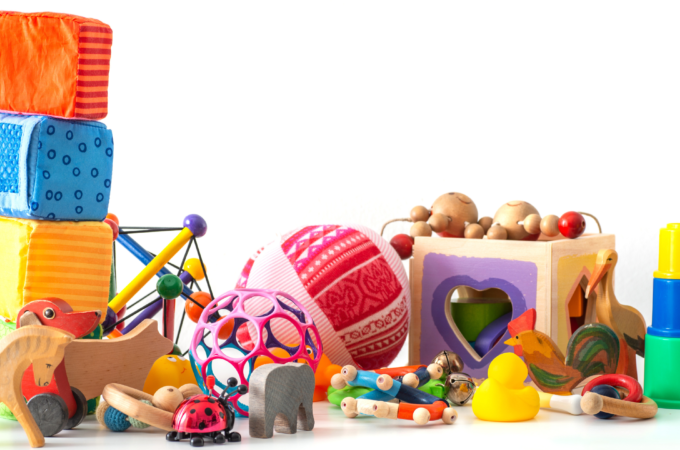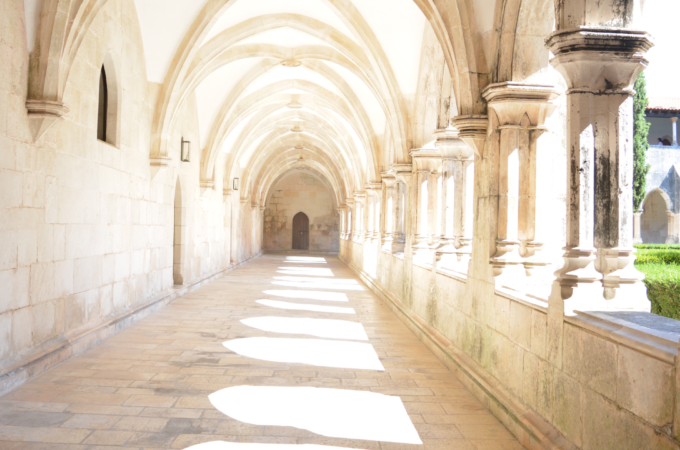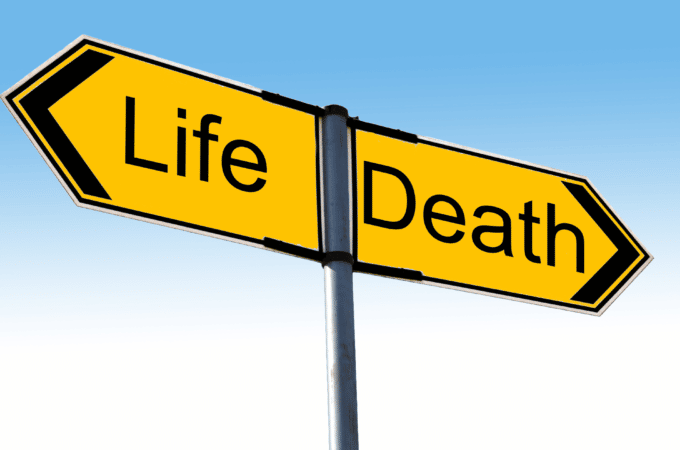Like many of us, I’ve struggled over the years with simplifying my wardrobe. I’ve managed to gradually get my wardrobe down to 1/3 the size it was previously, but I still revisit my wardrobe periodically to see if I can simplify more. While experimenting with wardrobe simplification, I even wore
When I was in seminary (graduate school for people called by God to public ministry), I broke my foot. If you’ve ever broken a bone, you know painful it can be. But even more than that, you know how inconvenient it can be. Simple actions that you could do with
When I was a kid, we would often have family game nights. Bingo was a particular favorite. When playing Bingo, one person calls out the letters and numbers as they popped out of the Bingo cage spinner, and the rest would scramble to put their chips on the respective spaces
It’s no secret that technology has affected how many hours we work. Previously, many folks were able to leave work and then be present for home and leisure activities. But things have changed. In the last few decades, technology has redefined the workday from the humble “9 to 5” to
At this point, you’ve probably heard of Marie Kondo. Her first book, The Life-Changing Magic of Tidying Up became extremely popular in 2014, spawning more books, TV shows, a patented tidying up system, a branded organizational line at the Container Store, and a self-branded online store so that folks could
Last month, our lives changed with one phone call. After a long and involved process, my husband Will and I found out from our assigned social worker at the adoption agency that we were picked by the birth mother to adopt a baby boy! He had just been born two
Last month I participated in a silent retreat at Holy Cross Monastery. Yes, you read that correctly. I voluntarily signed up and went on a retreat at which no one talked for days on end. And yes, there were other people at this retreat. Twenty-five of us or so went
Note: This is a guest post by Meghan Davis-Brass, pastor at First Presbyterian Church in Newton, Iowa, where she also teaches yoga and lives with her husband and dog. Meghan has entirely too much stuff and considers this one of her primary spiritual struggles. Then Jesus called the twelve together
Consumer culture is incredibly prevalent in the U.S., so much so that we often assume automatically that more is better. We are encouraged to spend our time, energy, and financial resources on accumulating more and more material possessions, while also continuously being dissatisfied so that we keep buying and consuming
In August, my husband Will and I went on a cruise with my parents. These family trips used to be a tradition (happening about every other year), but because of personal schedules and the pandemic, we hadn’t been on a trip together in five years. On our last trip five

